As more humans turn towards spirituality for answers, it is essential that we investigate all paradigms and perspectives to assess if they serve us going forward. To explore if they truly answer the depth, breadth, and scope of what we are. To inquire into whether they meet our current needs as a species. Do these models grow us forward, into a more evolved humanity, or hold us back? At this point of desperation, one where we are at a collective and planetary crossroads—it is particularly essential that we look closely at those models that distinguish our spirituality from our humanness.
Since time immemorial, spirituality has been characterized—and not only by mystics, saints, and cave-dwellers—as a way of being that is above and beyond our ‘faulty’ humanness, and certainly separate from many of the chaotic and unpleasant aspects of our life experience. It is clear that these paradigms are no longer serving us, and will not be our answer or our remedy. It has been my revelation—through extensive self-exploration and truth-telling—that if we can come to embrace our spiritual life as indistinguishable from every aspect of our human life—and that includes the healing of our traumatic material—we will begin to organically develop practices that will both serve us, and save us, going forward. As with any of the social structures that influence us, the more narrow the model, the more imprisoned our consciousness and limited our possibilities. The more expansive the model, the more liberated our consciousness and limitless our possibilities.
At the end of the day, when all the other debates have been resolved, we will be left with the one that threads through them all: Human Consciousness. What does it mean to be wholly human and to live a truly spiritual life? In what ways are we the same, and in what ways are we uniquely constituted and intended? What is an inclusive, wholly integrated consciousness? If we continue to limit our visions of possibility to compartmentalized spiritualities, we will most assuredly obstruct our collective expansion. We will imprison ourselves in our own alienation. And many more of us will be led astray, walking a path that is not truly our own. To avoid this, we must embrace a conscious scrutinization of that which is said to be ‘spiritual.’ Nothing accepted at face value, no stone left unturned.

We must examine and critically review the true implications of the teachings: Do they make us more, or less, human? Do they encourage and energize our quest for our own unique path, the purpose we were born to live, or do they enable us to hide-out in a disembodied haze? We do not approach this inquiry carelessly or with an arbitrarily rebellious agenda, but we approach it discerningly—honoring lineage only to the extent that it truly resonates with our present-day circumstances, our intuition and our common sense.
People in the spiritual community often use “lineage” as a kind of bulwark against legitimate queries into the underpinnings of their core beliefs. A conscious scrutinization bows before no lineage, unless it honestly reflects and genuinely supports our individual and collective evolution. If we don’t acknowledge dangerous spiritual teachings, the world of sacred possibility that we seek will never come to pass. The only sacred cow is truth.
At the heart of this debate must be a bold and brave willingness to examine the leaders, teachers, and influencers themselves. To look beyond their charismatic or hypnotic presentation, to the person beneath. To do a deep dive into the psychological factors that shape their perspective. To look closely and honestly at any possible interface between their unresolved issues and the models they advocate. To challenge the conditioned belief that ‘spirituality’ is above and beyond confrontation and reproach. To courageously call out the untruths wherever we see them. Just because they call themselves spiritual teachers or leaders doesn’t mean that we shouldn’t critically review their perspectives. It doesn’t mean that we shouldn’t get to know the human-being below their revered identities. If anything, it’s all the more imperative that we do.
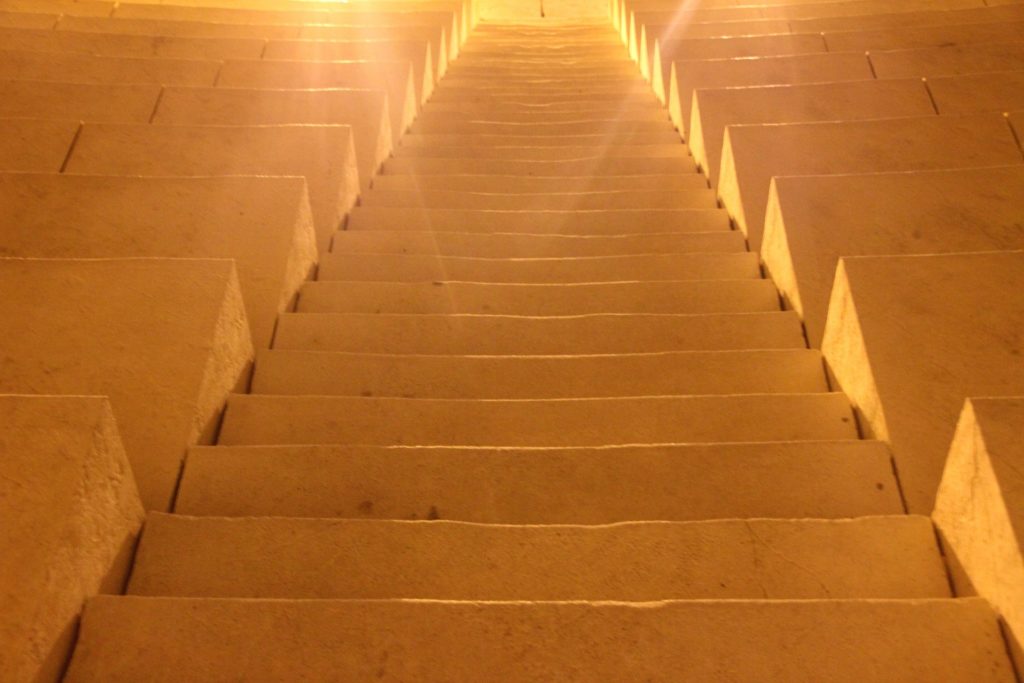
This level of cutting honesty and discernment will require us to pierce the veils of protection that shroud many spiritual teachers. Repression is an industry and the ungrounded spiritual community is one of its primary merchants. A form of spiritual fascism has developed, one that benefits only a small few. If you call out the lying guru, you are met with the ‘no gossip’ mantra and, for those who are intoxicated by them and subjugated to their teachings, the irrational fear that they will sic their shakti-powers on you. If you feel triggered by their teachings, or violated in any way, you are reminded that spirituality should not include anger or negativity. You are handed back the burden of blame—that it is just your own ‘issues and resistances.’ I had always imagined spirituality a quest for truth, but that is not the all-pervasive consensus. There is widespread investment within the spiritual community in having particular opinions protected…
At some point on my own journey towards wholeness, I began to see the parallels between much of the ‘spiritual’ world—particularly those communities fixated on transcending their humanness, and the greedy capitalistic structures that permeate our Western society. It became clear to me that it is all part of the same power-seeking patriarchal system—one that focuses on individual mastery at the expense of connectiveness, one that focuses on being above rather than being among, one that denies the value and significance of the world of feeling, one that refuses to honor the earthy and relational wisdom of the Divine Feminine.
We see this unhealthy self-centeredness in the single-minded focus of the unconscionable capitalist—who seeks to accumulate at the expense of all else. On the endless quest for more, his obsession with achievement and accumulation is grossly confused with self-actualization. And we see it just as vividly in the ungrounded spiritual movement, where a vast cadre of pseudo non-dualists seek to master a unified field of consciousness while bypassing the very substance of their humanness.
Simply put, if one is driven to conquer the economic realms at any cost, or if one sees the whole world—including their humanity, and that of others—as illusion, they are unlikely to notice or care about their impact on the planet, nor are they likely to contribute to the healing of our world.
So busy imagining themselves actualized or enlightened, they do nothing to advance humankind. So busy pondering their no-navels and trivializing our human story, they are oblivious to the impending threats that are looking us square in the eyes. And oblivious won’t get us anywhere good. If we keep pretending that the self is an illusion, if we keep pretending that others don’t matter, soon we will be right. There won’t be any left. It is time for dominant patriarchal structures to surrender their power to a more heartfelt and wholesome way of being.
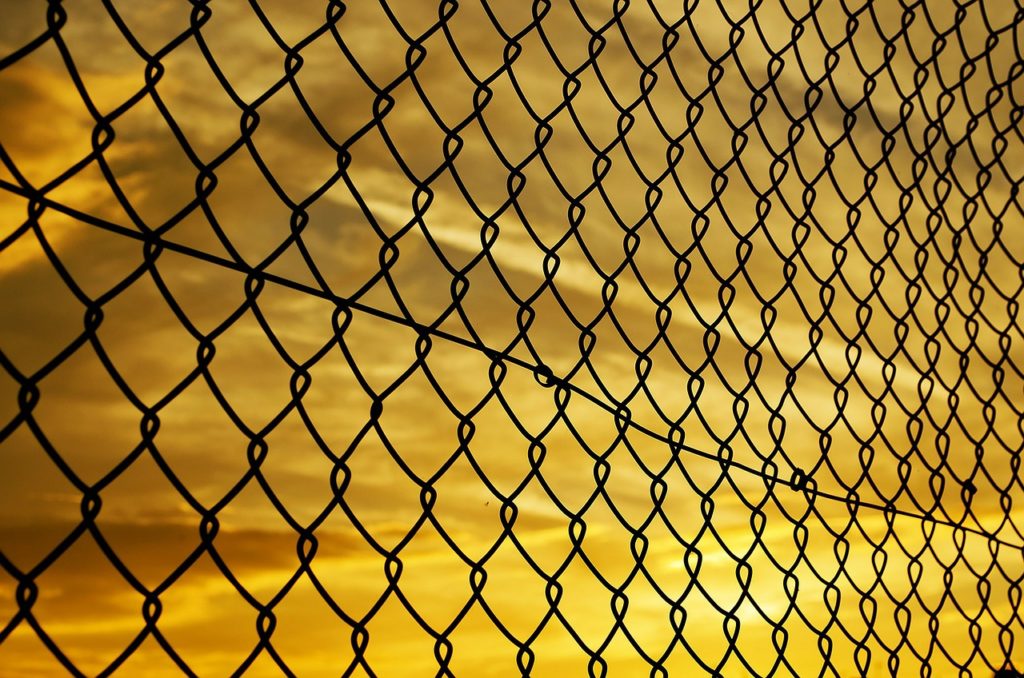
For inspiration on our journey of exposing antiquated patriarchal structures, we can look in the direction of the #MeToo movement. A bold escape from Patriarchial Penitentiary, this movement is a firm step in the direction of the kind of deep healing and inclusivity that our world needs. Both in their refusal to bury their truths, and in their brave willingness to boldly call out toxic masculinity, empowered women world-wide are marching us toward a more self-honoring consciousness. One where every individual is free to acknowledge their victimhood. One where every individual has the same rights and protections. One where every individual is invited to heal. One where the struggles and liberation of the self are championed. One where no one has to hide beneath their shame-shackles—but can be heard, seen, acknowledged, and ultimately… celebrated. For me, this is a truly spiritual movement because it brings us closer to a humane world.
Of course, as we expose those philosophies that don’t serve—we must also seize the opportunity to delineate spiritual models that offer the greatest liberation for all. We must work together to develop consciousness paradigms that reflect a more horizontal and connective way of being, that celebrate an intuitive and empathic way of relating, that revere the role that emotional healing plays in transformation and in the fostering of awakening states. We need models that understand that healing our stories and growing in relationship are as, or even more, fundamental to our spiritual development, as solitary path pursuits. We don’t need more disembodied men meditating in caves while the village suffers. We need embodied humans healing together, communing and exploring the relational field as the grist for our spiritual development. We need accomplishment to become a relational construct; that is, we co-create together, with mutual benefit as our shared goal. We need models that lead us back into our hearts, into a deep and reverential regard for the self.
These models may invite us to detach momentarily, in an effort to see ourselves through a different lens, but they will not leave us stranded out there, floating into the eternal emptiness and calling that a life. We need models that invite us to integrate what we find ‘out there’ with who we are ‘in here.’ Without this new paradigm, we are at risk of inviting humanity further and further away from the field for our soul’s expansion—human life, itself. If we don’t humanize our spirituality, how will we humanize our world?
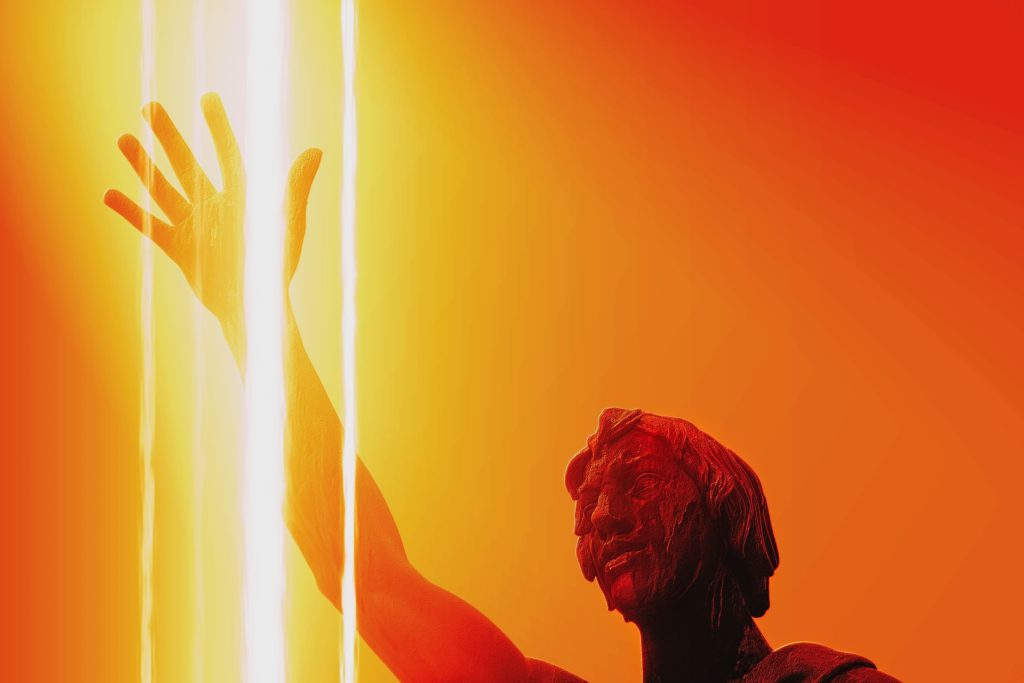
It is time for a version of spirituality that is rooted in whole-humanness, fiercely unafraid to embrace all that we are. At the core of these new models must be the assertion that real spirituality exists right at the heart of our dailylives. From this perspective, the most spiritual being will be the one who is the most engaged in and connected to all aspects of the human experience.
For too many years, we have been leading humanity away from the place where the answers reside—the embodied, enheartened, enrealed, enlivened SELF. It’s not outside the self, for God’s sake—it IS the self. The magnificent purpose-full self. The self that is in the everything, the self that is our portal to divinity itself. The self that is no accident, the stories that are no accident, the difficulties and challenges that are no accident, our nitty-gritty physical composition (imperfections and all). Not self-realization that leads us to find our awakening outside of the self—but that finds it deep within it.
From this truly self-honoring vantage point, one cannot ignore our impact on each other and the planet—because one understands that all of it is sacred. That all of it MATTERS. That we are not connected in theory—but connected in fact. And then we are inspired to take action, in every sphere of society, to craft structures, systems, and laws that honor, encourage, and connect us. With those in place, no one gets left behind, and every human gets an opportunity to participate and improve their life conditions.
Inclusivity—within and between us, and at the heart of a humanized notion of spirituality—is not just a ‘politically correct’ progressive notion. It’s a way of being where every one of us matters. Every struggle. Every wound. Every dream. All sacred. And when we believe that the plight of the self matters, we cannot help but work together to grow our humanity forward.
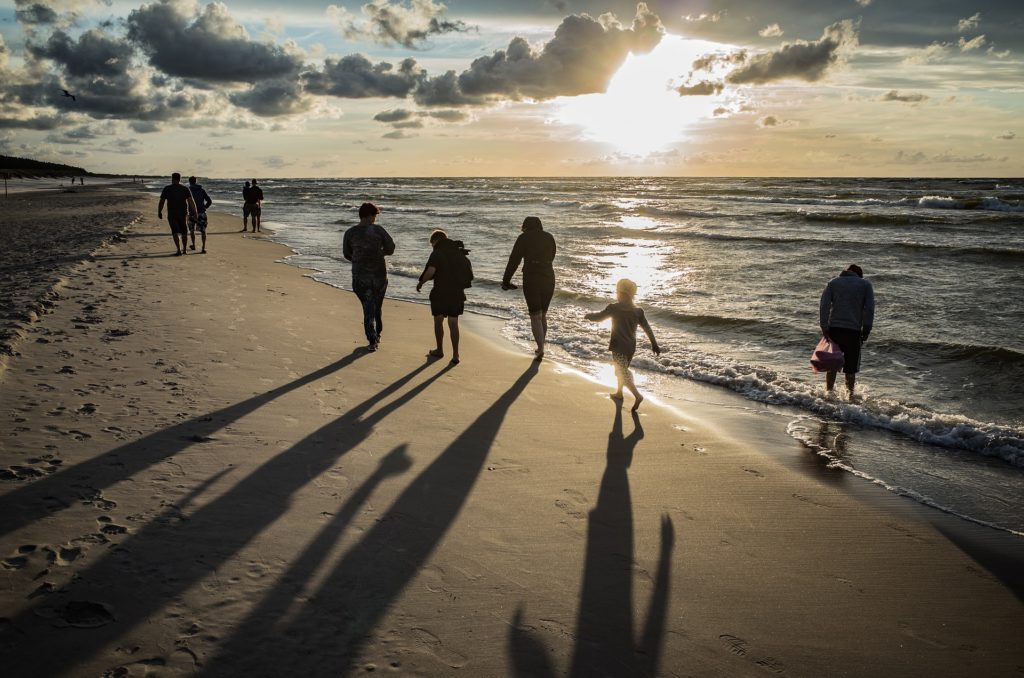
This post is an excerpt from Jeff Brown’s recent book, Grounded Spirituality.



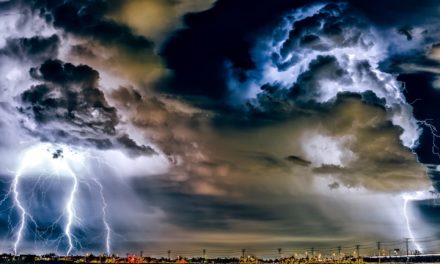

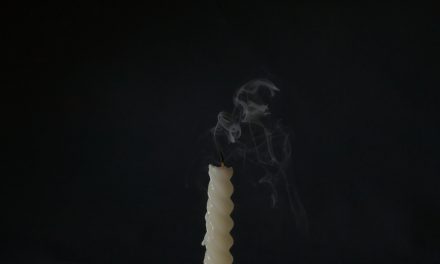

This is well-said. I think it is applicable to to every tradition. The temptation to dominate rather than serve is all-pervasive.